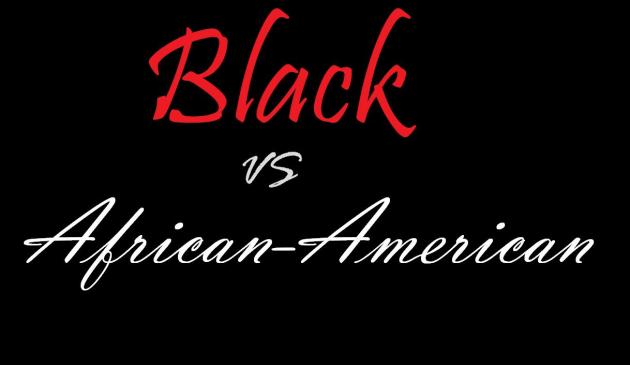
height=”200″ />
The relaunch of Black Is Online help me with my assignment begs the question of what black is in the 21st century.
To say, definitively, what black is or is not is HUGE but first, why.
Why are we asking ourselves this right now?
Why is blackness or the black experience so necessary to define,
redefine, and polish?
Who will this definition affect? Why is it so important that black people position themselves prominently when a discussion of who and what we are is being tackled?
What mediums or tools are necessary when building and constructing viable definitions of what black is or even a fresh forum with which to discuss it now?
But even while we scratch this intellectual surface—a myriad of questions still exists. If we understand anything, we understand that what is more significant is our discussion. Much needed love-based discussion appropriately fraught with critical thought, healthy tension, beauty, pride, and the power and assembly of emotionally-charged voices. Voices concerned that one of the most the haunted and gifted people on the planet is handled righteously and with care.
Black Is Online charges forward in our pursuit of how blackness—consciousness and creativity is handled in complexity. Though inextricably-linked, Black in the 1950’s is not Black in 2010. Our subject matter is crucial, multi-faceted, and ever-changing to say the least. My black excitement, commitment, and work will be devoted to the packing, unpacking, and repacking of how black is defined. Black inquiry and participation must drive and ultimately shape the content of what black is because we need to maintain this enduring body of work–this evolving work-in-progress as evidence of our existence, contribution, and living. The birthing of a 21st century black narrative has surely begun.
 Listen in to another session of our Fall 2011 podcast season! Join KC and the family as they discuss the labels “African-American” and “Black” and which term best suits our community. Podcast guests include John Wood, Mr. CEO, Je Lewis, Dino Black, and Darius Gray.
Listen in to another session of our Fall 2011 podcast season! Join KC and the family as they discuss the labels “African-American” and “Black” and which term best suits our community. Podcast guests include John Wood, Mr. CEO, Je Lewis, Dino Black, and Darius Gray.










